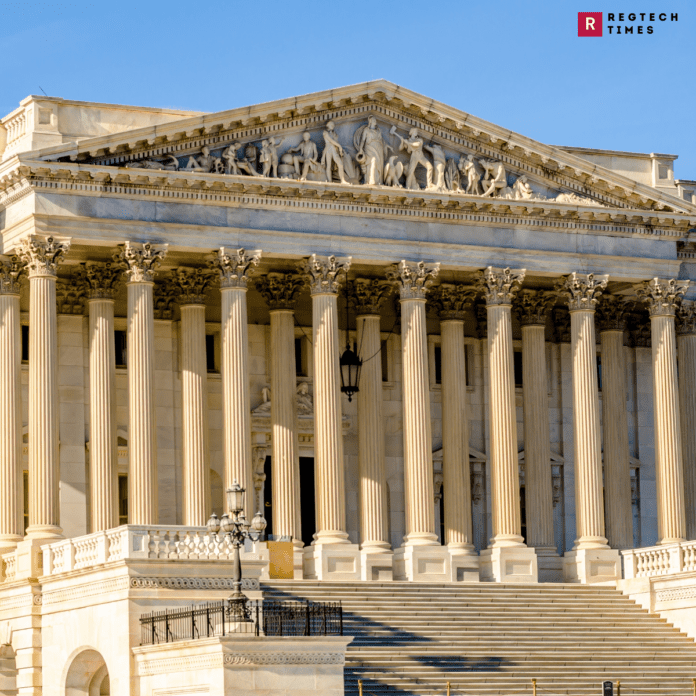The Anti-Money Laundering Act of 2020, an amendment to the National Defense Appropriations Act, is up for a vote in the US Senate this week. If approved, the United States will bid farewell to anonymous “shell companies.” These entities, existing only on paper, are commonly used for money laundering despite having legitimate purposes like facilitating mergers. In this illicit activity, a shell company poses as a legitimate front while concealing the origin of illicit funds. Operating in jurisdictions with strict privacy laws, they complicate authorities’ efforts to trace the money trail. Money laundering involving shell corporations often employs tactics such as creating fictitious invoices or engaging in complex transactions.
Once disguised, these shell companies can open bank accounts and conduct business under fictitious names and accounts. Prior studies indicate that the US is one of the easiest countries globally to establish a shell corporation. Findley, Nielsen, and Shaeman conducted an experiment where they sought to form a company worldwide, warning incorporation providers of potential use for money laundering related to drugs, corruption, and terrorism. Shockingly, only 25% of American providers were found to comply.
In a surprising turn of events, the Trump administration, law enforcement agencies, and religious leaders formed a broad coalition supporting this proposed bill. Congress had previously enacted Title III of the USA PATRIOT Act in 2001, which prohibited shell banks and established an advanced anti-terrorist financing system— the latest in money laundering legislation. The bill, originally proposed by Sen. Carl Levin in 2008 as the Incorporation Transparency Act, aimed at taking stringent measures against shell corporations. After twelve years of lobbying by a diverse group of supporters, the bill is now ready for Senate approval.
In short, the impending Senate vote on the Anti-Money Laundering Act of 2020 signifies a crucial step in curbing the use of anonymous “shell companies” for money laundering in the United States. The bill, initially proposed in 2008 by Sen. Carl Levin, has garnered unexpected support and highlights a collective effort to address the nation’s susceptibility to these entities. If passed, the legislation aims to enhance financial transparency, align with global standards, and fortify the U.S. against the exploitation of legal entities for illicit purposes, signalling a significant move towards a more resilient financial system.



